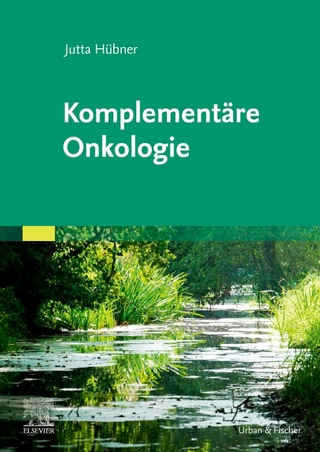
The Water–Food–Energy Nexus
Power, Politics, and Justice
Seiten
2017
Routledge (Verlag)
978-0-415-32961-3 (ISBN)
Routledge (Verlag)
978-0-415-32961-3 (ISBN)
- Titel ist leider vergriffen;
keine Neuauflage - Artikel merken
This book unpacks and challenges ‘the nexus’ concept, exploring how it recasts old debates around water storage and large-scale food/energy production in a new crisis narrative of scarcity and insecurity.
The water-energy-food ‘nexus’ has received growing attention from policymakers, researchers, and practitioners. A key premise of ‘the nexus’ is that water use is interdependent with energy and food production. The dominant global policy framing of the nexus emphasizes a scarcity-crisis narrative producing a sense of growing water, food and energy insecurities. In turn, it has promoted large-scale, control-type technologies of mass production for meeting food and energy demand in the belief that they are more secure. This approach, in practice can result in the redistribution of access to natural resources away from small-scale users.
This book argues that the convergence of security and sustainability perspectives in dominant framings of ‘the nexus’ is governed by stability- and equilibrium-thinking, reinforcing existing "control-paradigm" pathways. Yet, water-energy-food-society systems are by nature complex and dynamic, especially under the conditions of climate change. The authors introduce non-equilibrium thinking to the nexus and discuss non-traditional forms of security. They argue that a shift in nexus governance is required towards approaches where limits to control are acknowledged, and more reflexive/plural strategies adopted.
This book will be of interest to academic researchers, policy makers and practitioners in the field of international development studies, envionmental politics, science and technology studies and international relations.
The water-energy-food ‘nexus’ has received growing attention from policymakers, researchers, and practitioners. A key premise of ‘the nexus’ is that water use is interdependent with energy and food production. The dominant global policy framing of the nexus emphasizes a scarcity-crisis narrative producing a sense of growing water, food and energy insecurities. In turn, it has promoted large-scale, control-type technologies of mass production for meeting food and energy demand in the belief that they are more secure. This approach, in practice can result in the redistribution of access to natural resources away from small-scale users.
This book argues that the convergence of security and sustainability perspectives in dominant framings of ‘the nexus’ is governed by stability- and equilibrium-thinking, reinforcing existing "control-paradigm" pathways. Yet, water-energy-food-society systems are by nature complex and dynamic, especially under the conditions of climate change. The authors introduce non-equilibrium thinking to the nexus and discuss non-traditional forms of security. They argue that a shift in nexus governance is required towards approaches where limits to control are acknowledged, and more reflexive/plural strategies adopted.
This book will be of interest to academic researchers, policy makers and practitioners in the field of international development studies, envionmental politics, science and technology studies and international relations.
Introduction – The politics of the nexus: key debates
Chapter 1 – Nexus narratives: from global debates to South and South East Asia
Section 1 – A dynamic understanding of the nexus
Chapter 2 – Integration for whom? Learning from the past
Chapter 3 – A broadened systems approach to the nexus: from production to waste
Chapter 4 – The knowledge nexus and interdisciplinarity
Chapter 5 - Hybrid governance and grounding the nexus
Chapter 6 – Rethinking the nexus
Section 2 – A normative positioning of the nexus
Chapter 7 - A nexus ethics
Chapter 8 – Nexus rights and justice
Conclusion: ‘Democratising’ the nexus
| Reihe/Serie | Pathways to Sustainability |
|---|---|
| Verlagsort | London |
| Sprache | englisch |
| Themenwelt | Sachbuch/Ratgeber ► Gesundheit / Leben / Psychologie ► Alternative Heilverfahren |
| Medizin / Pharmazie ► Naturheilkunde ► Phytotherapie | |
| Naturwissenschaften ► Chemie | |
| ISBN-10 | 0-415-32961-2 / 0415329612 |
| ISBN-13 | 978-0-415-32961-3 / 9780415329613 |
| Zustand | Neuware |
| Haben Sie eine Frage zum Produkt? |
Mehr entdecken
aus dem Bereich
aus dem Bereich
Buch | Softcover (2023)
Urban & Fischer in Elsevier (Verlag)
32,00 €
Farbige Sonderausgabe
Buch | Hardcover (2023)
Urban & Fischer in Elsevier (Verlag)
175,00 €


